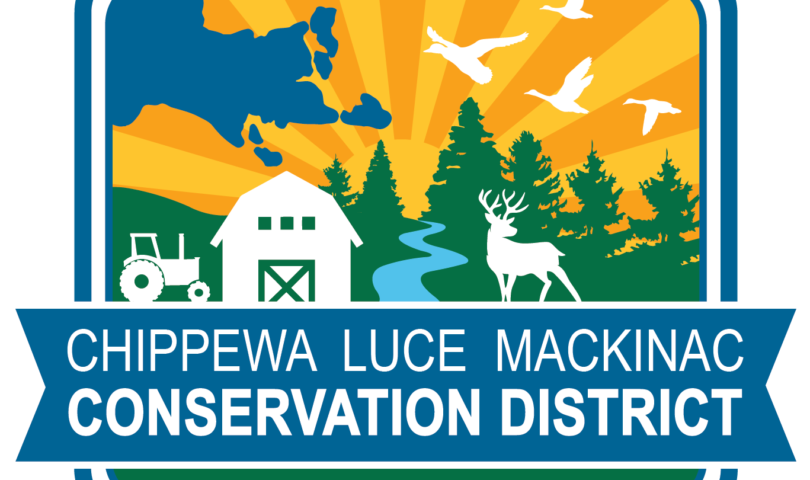Michigan is home to approximately 11,000 inland lakes, 76,000 miles of rivers, and 6.5 million acres of
wetlands. These waters provide significant recreational benefits and economic value, as well as critical
habitat for many animal, fish, and plant species. But these waterways are threatened by erosion, which
is the removal of the top layer of soil. Erosion is a natural process, but human alterations to the
landscape can increase the rate at which it occurs. No matter the reason, there are actions that we can
take to protect our precious waterways from erosion.
One way is by planting native trees, grasses, and other shrub-like vegetation, as they play an important
role in reducing erosion and filtering stormwater runoff. Trees are able to absorb nutrients and slow the
flow of water with their roots. A tree’s large root system holds soil in place while also securing the tree
in an upright position. Roots are able to serve as a protective layer that can help prevent erosion in
several ways. The drainage of the soil is improved when roots and stems/trunks create air pockets in the
soil, allowing the water to go into the ground, rather than flowing on top of the surface and taking
sediment and pollutants with it. This is especially important in sloped landscapes. Often, the edges of
water bodies have a steep slope that makes it easy for soil to fall away, especially during heavy rain
events and snowmelt. If a section of bank erodes away, bare soil is left behind with nothing protecting it.
Mature trees reduce stormwater runoff by intercepting rain in their leaves and branches, which
prevents the rain from forcefully hitting the ground. The water drains down the leaves and branches and
can slowly soak into the soil, rather than washing away sections of topsoil. Large trees in the riparian, or
near water, areas are also beneficial to fish and aquatic species. Canopy cover keeps streams shaded
and provides food for the base of the ecosystem.
In addition to reducing erosion, shoreline vegetation can absorb nutrients before they go into the water.
This includes nitrogen and phosphorus, which can come from fertilizer, animal waste, and the soil. In
general, the more nutrients that are added to bodies of water, the more aquatic plants and algae that
grow. A small amount of these is good, but excessive nutrients can cause large algal blooms in a short
amount of time. Some of these algae form dense mats which take over native vegetation or they release
chemicals that can be harmful to animals and humans. The water quality can become negatively
affected when large masses of algae die, because the decomposition and breakdown of dead material
uses large amounts of oxygen that would otherwise be available to fish.
Utilizing trees to prevent and repair soil erosion is not only environmentally friendly, but it can add
beauty and value to your property. Some trees and shrubs to consider planting close to the water in the
moist soil includes dogwood and willow species. Others such as common ninebark, red maple, and can
tolerate moist soil, but in areas that aren’t likely to flood. When trees are mature, they can absorb and
infiltrate around 11,000 gallons in a year! Establishing trees and shrubs can be a long process because
many species take years to reach a size that will improve water quality, so the sooner trees can be
planted the better.
Each year the Chippewa Luce Mackinac Conservation District holds a spring native plant sale, as well as
spring and fall tree sales, with proceeds going towards conservation efforts in your local area. More
information can be found at the district’s website: https://www.clmcd.org/. If you would like to know more about how the Conservation District works with private landowners to protect their water, please
reach out to CLMCD Watersheds Technician, Jacob Hartman, by calling 906-748-0837 or emailing
Jacob.hartman@macd.org.

Reducing Erosion with Native Trees and Plants
Latest posts by EUP News Staff (see all)


